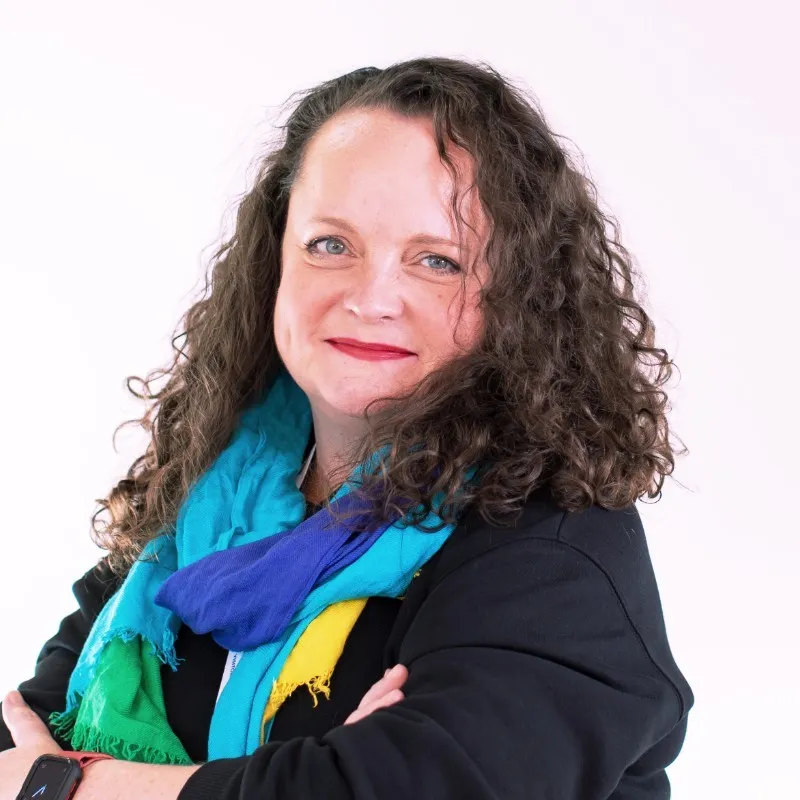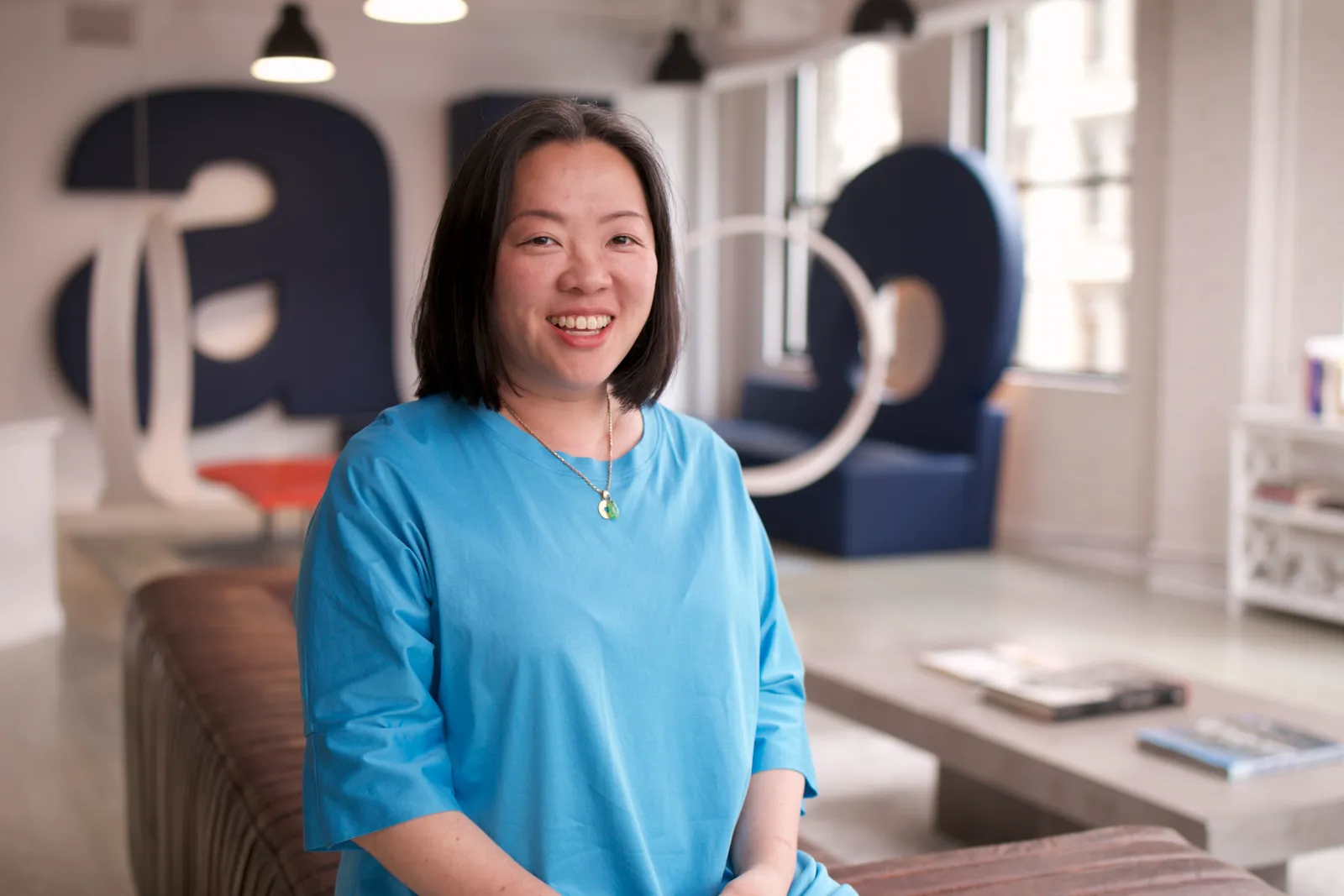Marisa Bryan was a waitress at Planet Hollywood for a long time. As part of the team that helped open new restaurants, she traveled from her (then) home base in Australia to Taiwan, New Zealand, Singapore and Malaysia.
In her role, she trained new staff and eventually became the regional training leader, sending her down a path of learning and development roles across Asia for the next decade.
In what she deems an early midlife crisis, Bryan decided to move to Paris, somewhere she’d always wanted to call home. She spoke French but was unable to land a job in training or human resources without experience working in the country.

“Consequently, I found myself living in a flat, running out of money and needing a job,” Bryan said.
She applied for an admin role at Google, trying to find something to help her cover rent for the next three months and save her from heading back to Australia.
The person who reviewed her resume saw her experience in coaching, leadership development and training and hired her instead as the lead recruiter for Google in Europe and emerging markets.
“Someone saw my CV and thought, ‘Actually, she can do a lot different than what she’s applied for,’ thought outside of the box and gave me an opportunity,” Bryan said. “Here we are, 15 years later, and I’ve run recruitment teams in some of the biggest and fanciest tech companies in the world, like Google and Apple.”
Today, she is the global VP of talent and human resources business partner for Contentsquare, a digital experience analytics platform.
Bryan’s path to HR, while winding, is not an anomaly. Often, people leaders take unconventional paths into the field.
Kristy Sundjaja, for example, studied engineering and business in college, planning to become a systems engineer. But, as an international student from Hong Kong, her options after graduation were limited.
Sundjaja took a job in strategy consulting work, focused on global tech companies like IBM, HP and Microsoft. In 2009, she was invited to join the New York City Economic Development Corp. under the Bloomberg administration.
“It was a once-in-a-lifetime opportunity to really contribute to a city that, at that point, I'd lived [in] for 10 years,” Sundjaja said.

She moved on to LivePerson, starting as chief of staff to the founder and CEO, before being asked two years later to also become the global head of people of the tech company.
“It was quite a shock for me, because I never thought about becoming an HR leader or people leader, in that sense. I did not go down the traditional pathway, either from a recruiter or talent acquisition route or an HR or employee relations route. So it was just a very atypical entry into this profession,” Sundjaja said.
After LivePerson, Sundjaja took two years off to set up her own foundation, Exceptional Artists Foundation, to empower those with disabilities through the arts. Her younger brother, who still lives in Hong Kong, has Down syndrome, and he inspired her to find a way to help others with disabilities express themselves through art.
Sundjaja is now the chief people officer at content recommendations tech company Taboola.
“The unique gift that I brought to the team is my business background and understanding. I always tell my HR leaders that we are business leaders first, and then we just happen to know what some of the HR levers and tools are,” she said.
For any team, having a mix of people with diverse skill sets and backgrounds is helpful, Sundjaja said. Someone with an engineering background can bring a mathematical lens to a problem; someone with experience in data analytics can “slice and dice” data; and someone adept as an HR practitioner can offer valuable insights in employee relations, she said.
“That just makes [the team] very powerful as an entity,” Sundjaja said.
But Bryan said the HR field suffers from “bad marketing.”
“A lot of people think that HR is filling in forms, writing letters, firing people and mostly admin. And, to be fair, there is a bit of that,” Bryan said. “But being part of the function of the organization that gets to see people grow and gets to genuinely make a difference, in some cases, to people's lives and livelihoods, I find tremendously rewarding.”














